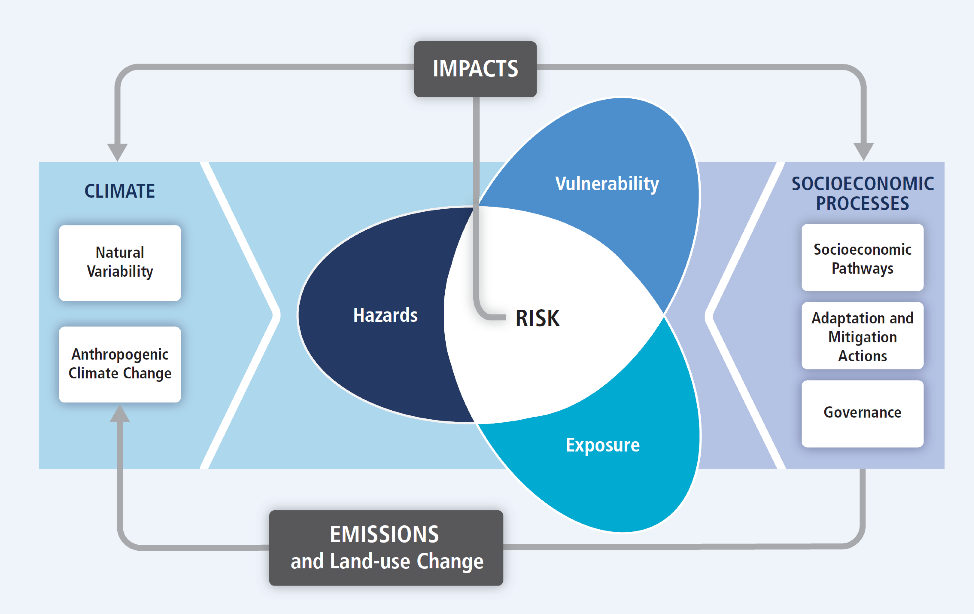Institute of Advanced Studies in Climate Extremes and Risk Management
Understanding disaster risk will enable climate experts to generate more tailored climate knowledge and information for risk reduction and management. Similarly, understanding past and future changes and uncertainty in the projection of weather and climate extremes will enable risk management experts to use climate information properly and more effectively. As such, it is important to improve the flow of knowledge between those engaged in climate research and risk management by building partnerships and collaborations between the climate research and risk reduction and management communities across the World Climate Research Programme (WCRP), the Integrated Research on Disaster Risk (IRDR), the Intergovernmental Panel on Climate Change (IPCC) and many other global/regional initiatives.
WCRP and its partners seek to bring together early career scientists and professionals to learn from each other on weather and climate extremes and disaster risk reduction and management.
The Institute of Advanced Studies in Climate Extremes and Risk Management aims to provide a collaborative environment for world-leading experts from IPCC Working Groups I and II and future science leaders. The programme is designed for early career researchers, our future leaders in the field of climate science and risk management. It will be held between 21 October to 1 November 2019, Nanjing, China.
To participate in this training opportunity, please complete the application form. Details about the institute and the online application form can be found on the WCRP website.
Limited financial assistance, through a selection process, may be available and can be requested on the application form. The deadline for application is 28 March 2019.

This activity seeks only senior PhD students (who will graduate in less than two years) and early career scientists (normally in an early stage of career) in a relevant field.
The school will be organized around four broad topic areas:
- Attribution of changes in the frequency and intensity of extremes
- Climate risk from compound events
- Projections and predictions of extreme events
- Climate risk reduction and management
Format
Lectures would occur in the morning of each day, with occasional lectures in the evenings. For each topic, lectures will cover the basics that would be accessible to most participants. In addition, the school will include a limited number of 'guest', lectures which would provide in-depth excursions to the current frontiers of some aspects of research on extremes.
The afternoons and remaining evenings would be devoted to the practical application of the material covered in the lectures. This will be accomplished both through the use of structured tutorials, and a set of research problems that will form the core of the institute and serve to produce an important part of its long-term legacy.
Research problems will, therefore, be a key aspect of the institute. It is envisioned that 5-7 teams, each with 4-6 students, will work to tackle 5-7 problems that are to be developed specifically for the institute by its lecturers. Problems will be carefully selected by the institute’s steering committee to ensure that they will be tractable via teamwork with the resources that are anticipated to be available at the NUIST, that students working in teams with experienced lecturer-advisors will be able to advance the problems over the 2-week duration of the school, and that the results are likely to be publishable.